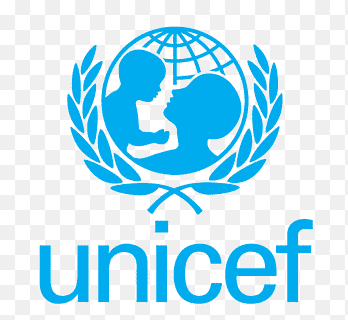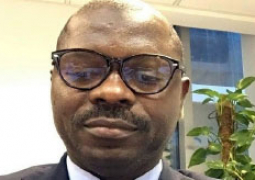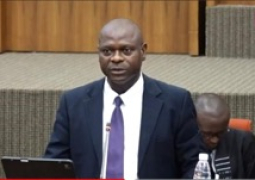
The UN agency notes that in April of this year, 172 Member States, including The Gambia, signed a bold pledge promising to do just this, yet six months later the pandemic is still battering the livelihoods of children and their families.
The Gambia is one of the dozens of countries around the world where the pandemic has upended the essential services that secure the health, education and protection of children and young people. Governments around the world have mobilised billions of dollars to save their economies, but this simply isn’t reaching children. Without urgent action, COVID-19 will decimate future generations.
UNICEF and partners have set out a ‘Six Point Plan to Protect Our Children’, arguing that if governments adopt this plan at the UN Special Session on COVID-19, there still is hope to reverse this crisis and build a ‘better future for us all’. However, this will require Member States to act fast and smart to save the future of our children.
As The Gambia prepares to make a statement at the UN Special Session on COVID-19, UNICEF is encouraged by the government’s commitment to put the interest of children on the agenda. It is a common misconception that children are spared the worst of COVID-19. In fact, UNICEF warns that children are amongst the hardest hit by the pandemic. Figures show that poverty is rising, and inequality is growing as a result of the pandemic. Children are worried about their future.
To respond, UNICEF is calling on governments to adopt the following ‘Six Point Plan to Protect our Children’:
- Ensure all children learn, including by closing the digital divide
- Guarantee access to health and nutrition services and make vaccines affordable and available to every child
- Support and protect the mental health of children and young people and bring an end to abuse, gender-based violence, and neglect in childhood
- Increase access to clean water, sanitation and hygiene and address environmental degradation and climate change
- Reverse the rise in child poverty and ensure an inclusive recovery for all
- Redouble efforts to protect and support children and their families living through conflict, disaster and displacement
The UN Special Session on COVID-19 is a critical ‘window of opportunity’, but only if governments make specific commitments to safeguard the health and wellbeing of children and young people. UNICEF remains optimistic that when the names of the countries that support the adoption of the ‘Six Point Plan to Protect Our Children’ are read, The Gambia’s name will be heard.





